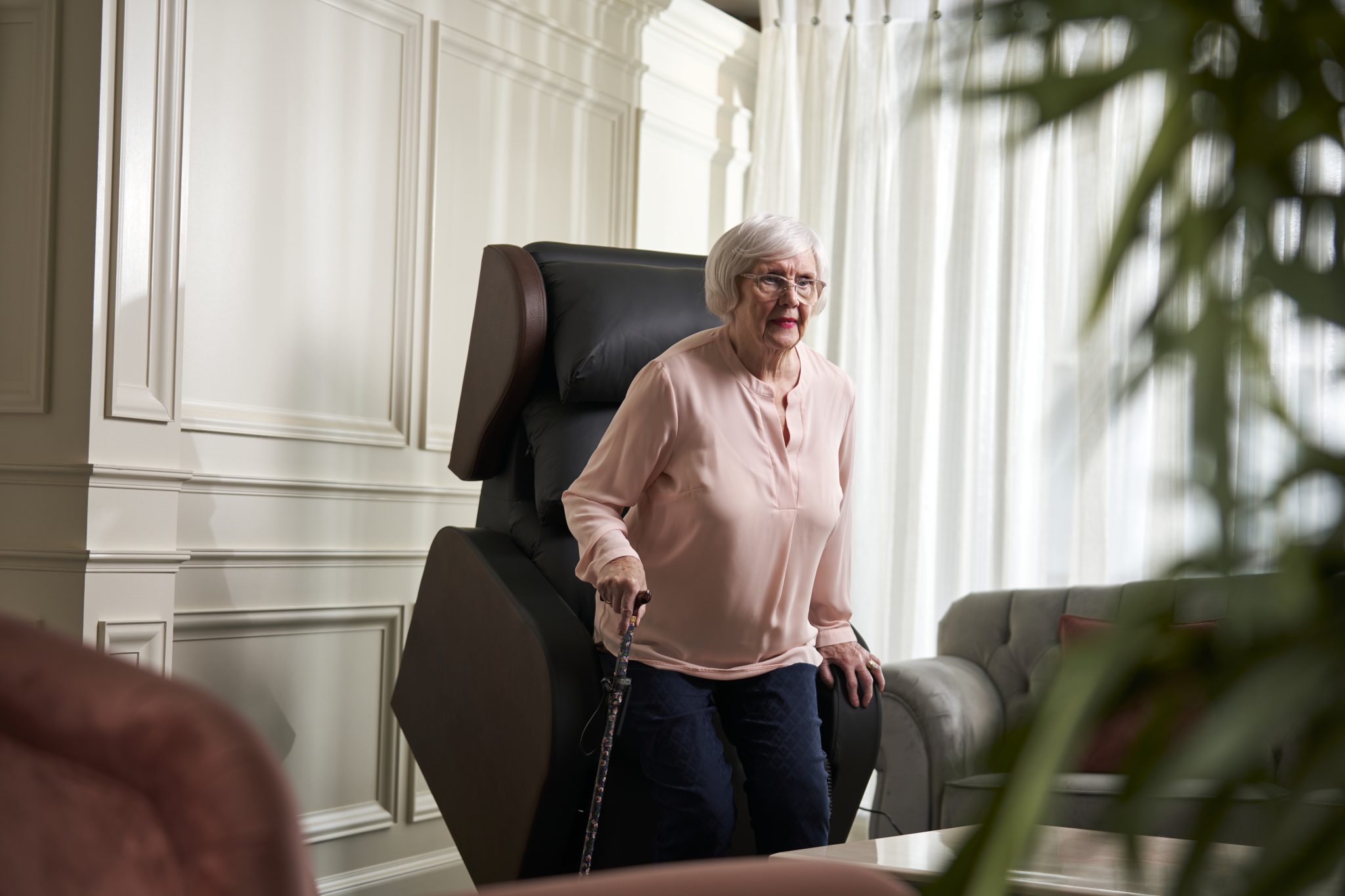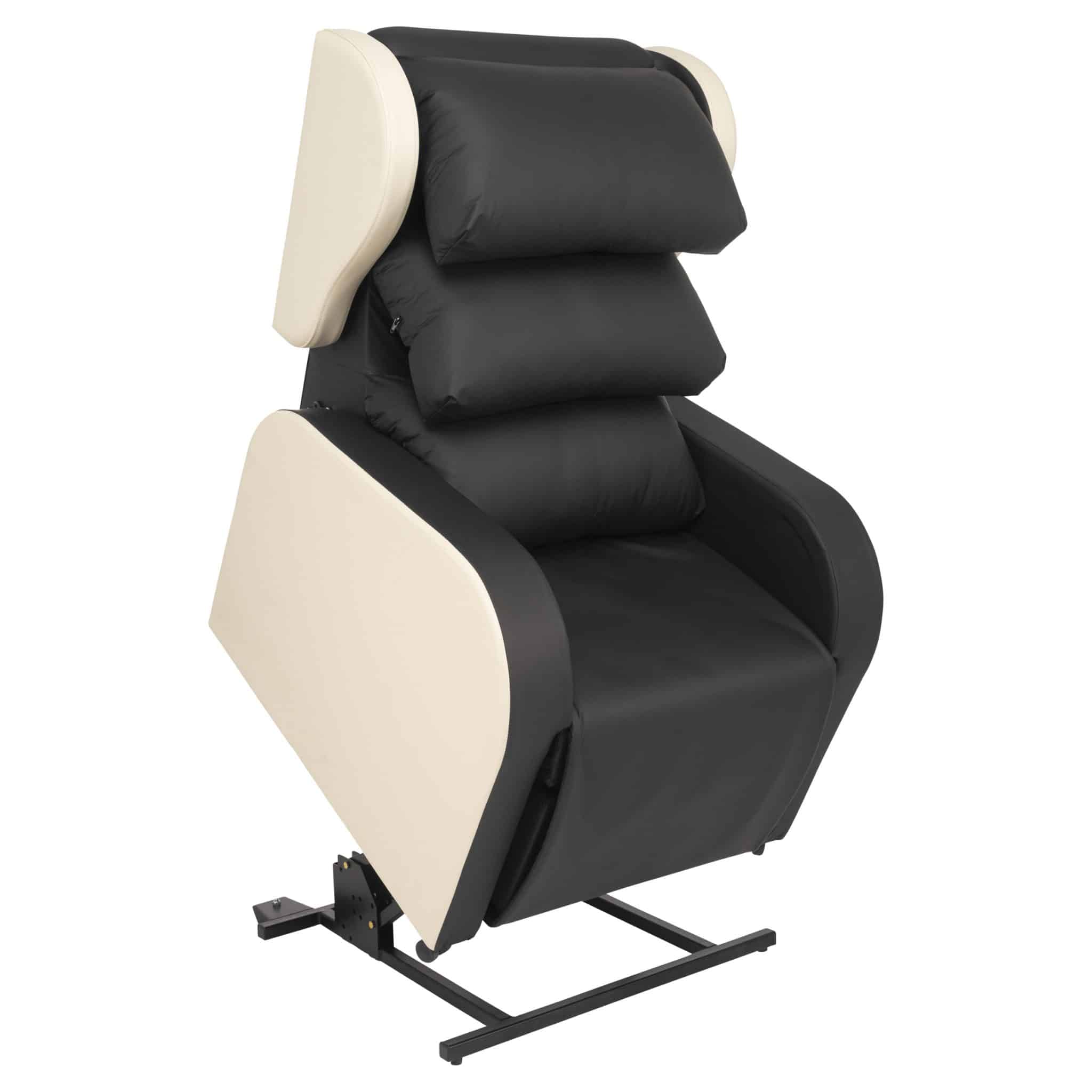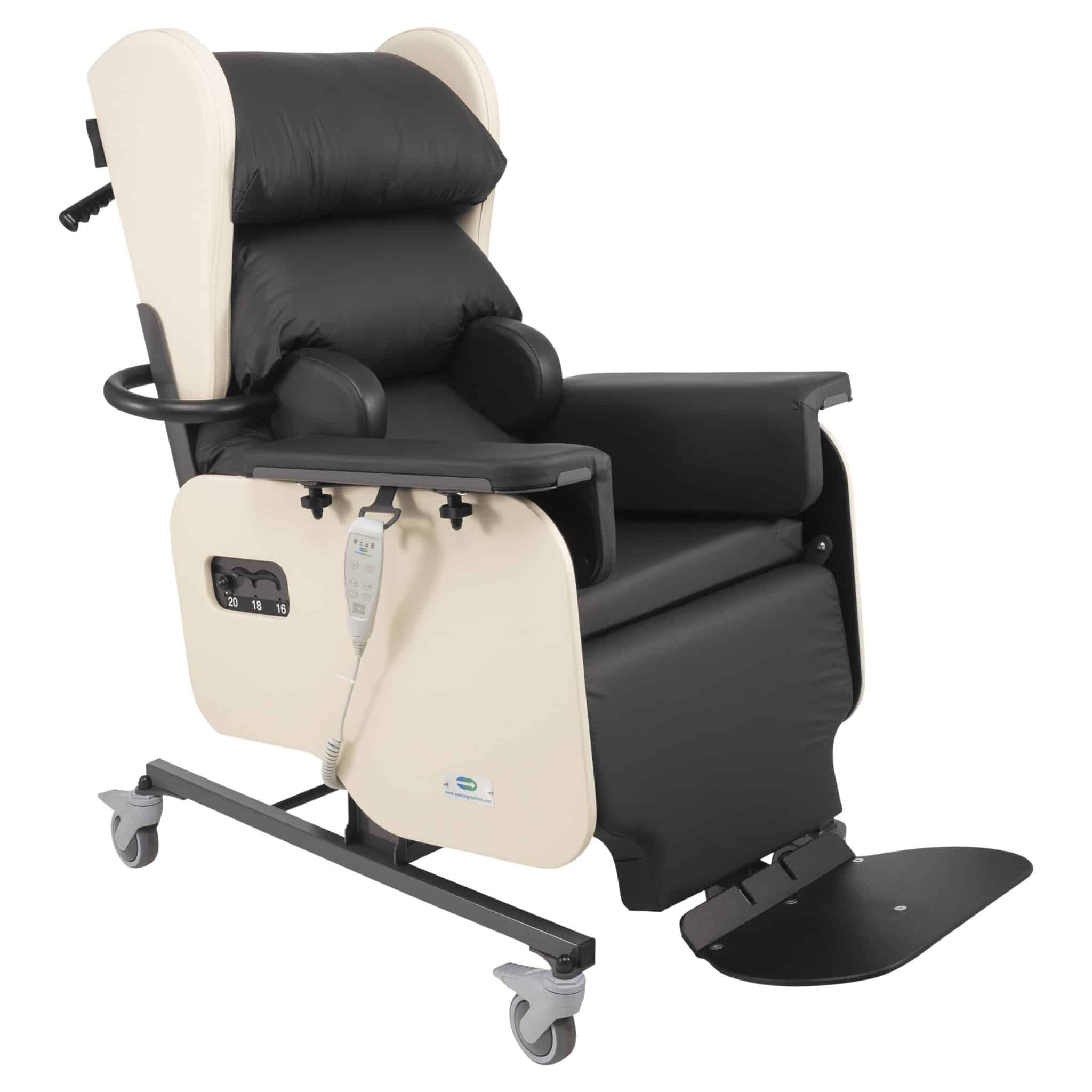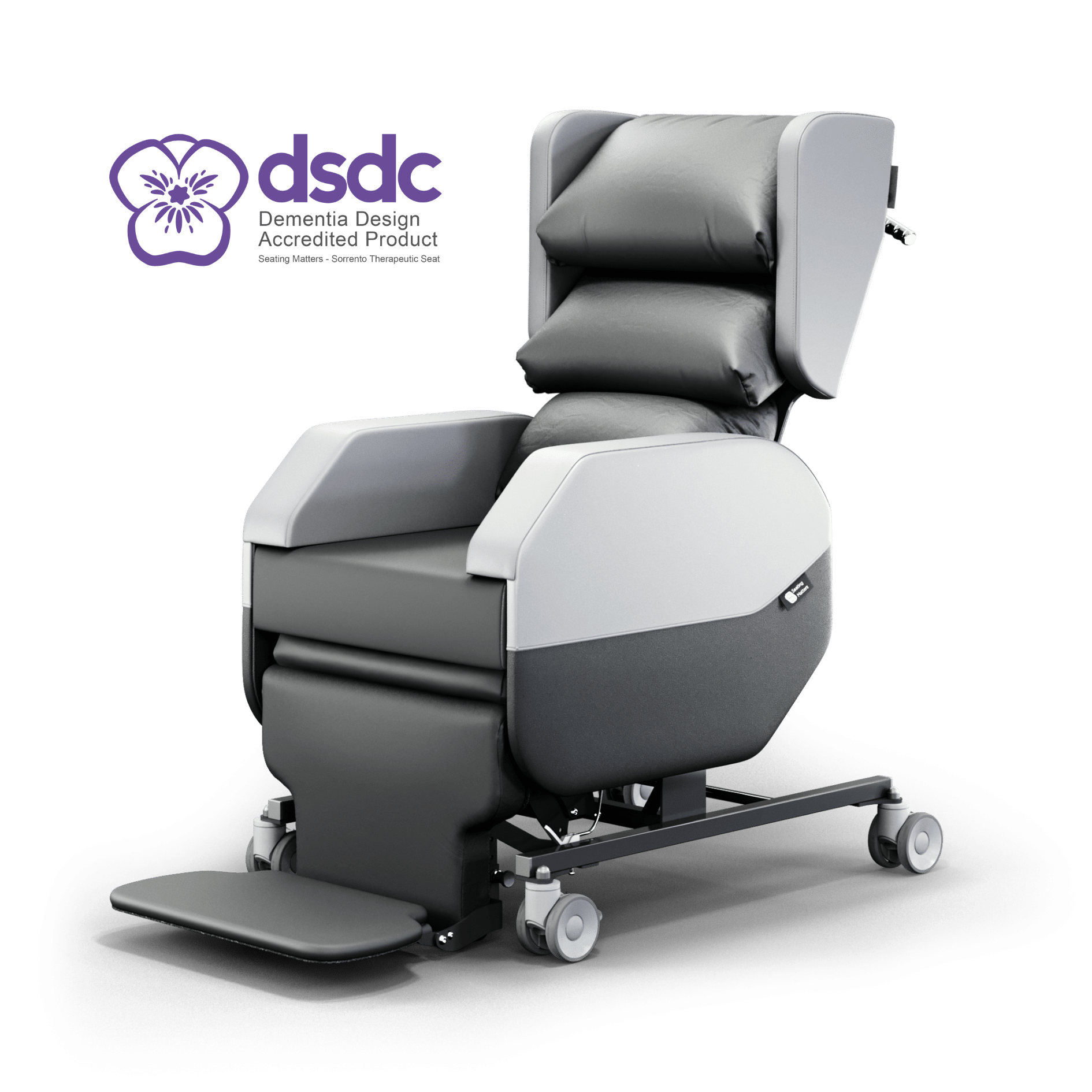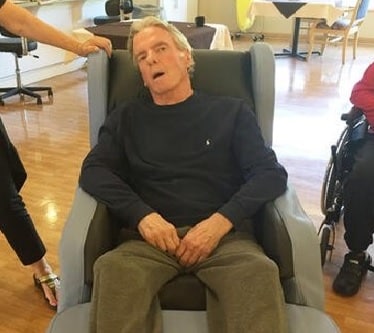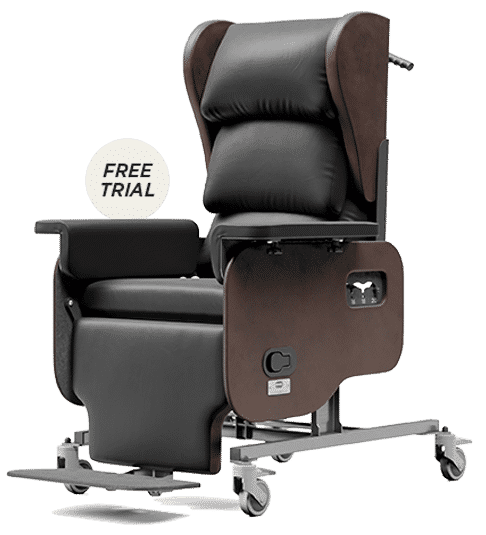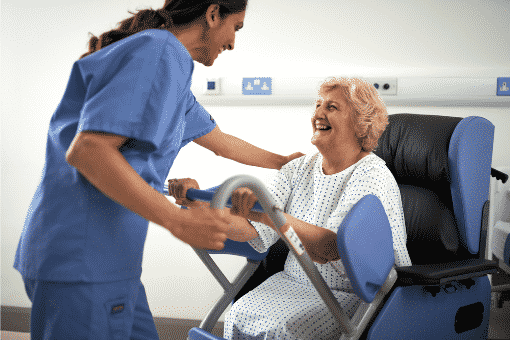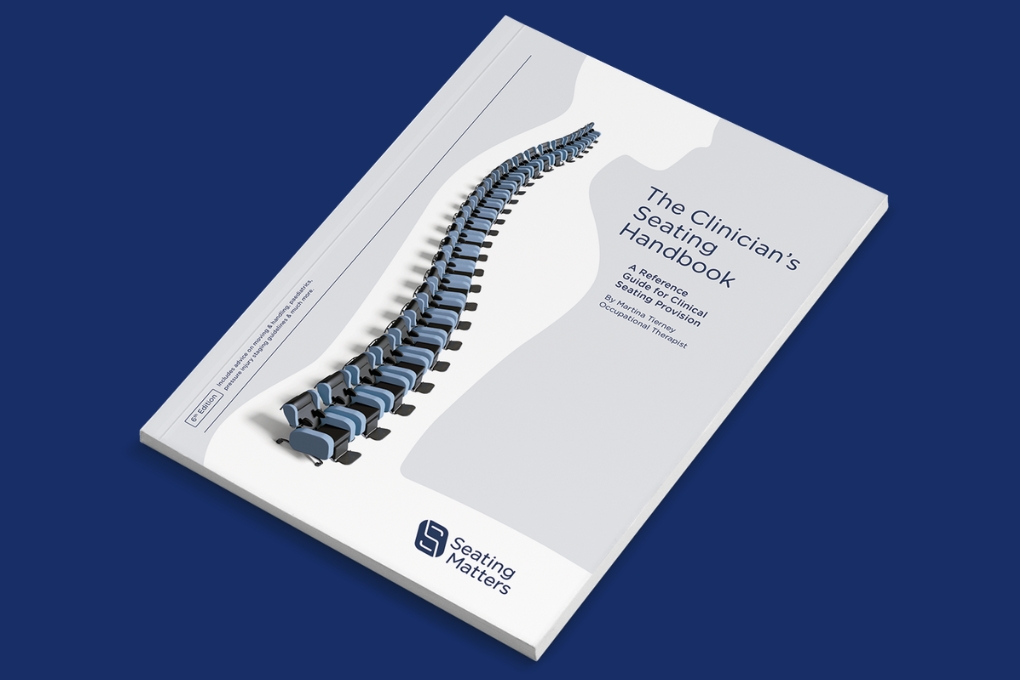Individuals with Parkinson’s disease may develop a range of symptoms, both motor (movement-related) and non-motor. No two people will experience Parkinson’s the same way, so every patient’s treatment and Parkinson’s disease chairs will be unique to them.
Common motor symptoms that may impact seating for Parkinson’s disease patients include:
Tremors: Involuntary movements, often starting in the hands, fingers, or limbs.
Bradykinesia: Slowed movement, making simple tasks more difficult and time consuming. Steps may become short and shuffling, and patients may have difficulty rising from a chair.
Rigidity: Muscle stiffness and resistance to movement, causing discomfort or pain.
Postural instability: Difficulty maintaining balance and coordination, leading to an increased risk of falls or sliding from a chair.
Loss of automatic movements e.g. blinking, swinging arms when walking
Other non-motor symptoms of Parkinson’s Disease may include:
- Cognitive symptoms including mild memory problems, difficulty concentrating, and problems with planning or organisation
- Depression, anxiety or irritability
- Loss of sense of smell
- Nerve pain, burning or numbness
- Urinary incontinence
- Constipation
- Difficulty falling or staying asleep
- Hypotension leading to dizziness and blurred vision, especially when moving from a sitting or lying to a standing position
- Excessive production of saliva (drooling)
- Dementia, visual hallucinations and delusions (in more advanced cases)

